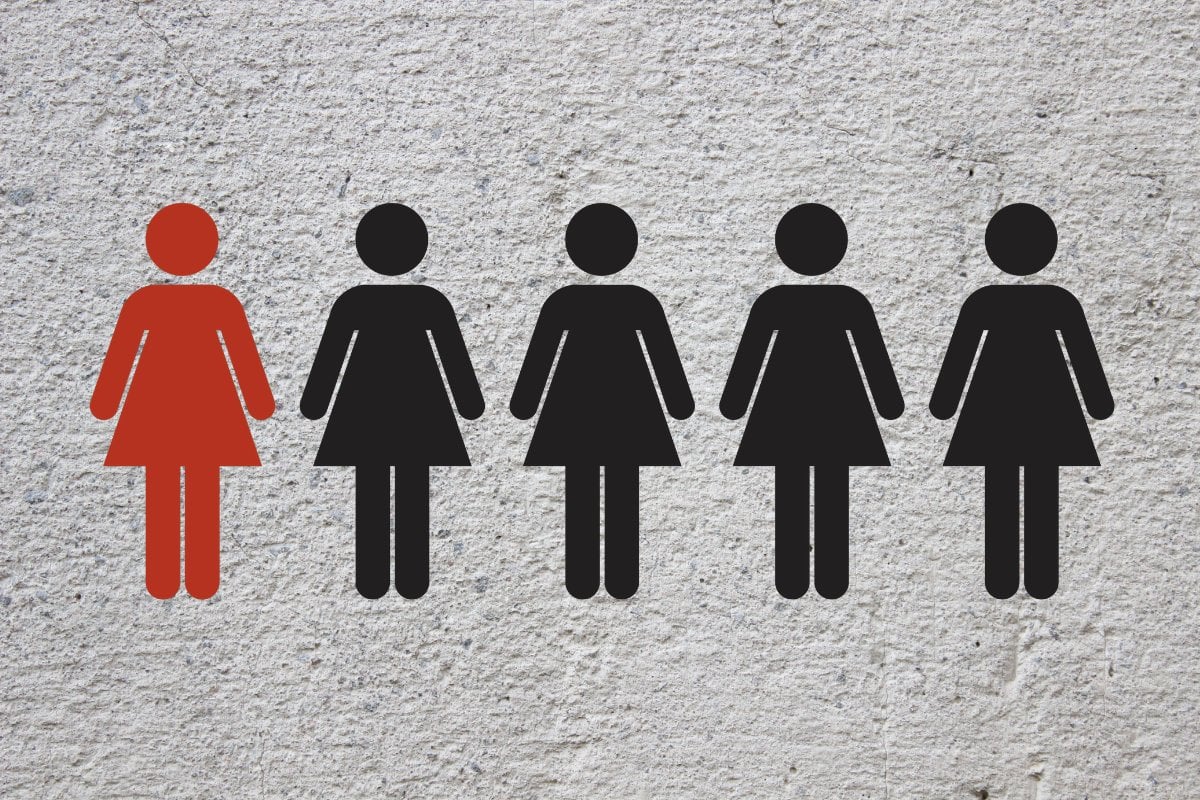
Warning: This post deals with sexual assault and may be triggering for some readers.
The statistics tell us that one in five Australian women (18.4 per cent) has experienced sexual violence since the age of 15 - but from my own experiences as well as those I know, work alongside and love, I think it's clear these statistics drastically under-report what is actually happening.
"This week, Australian women have endured harsh reminders of inequality. The emotional toll this has on survivors, and women, in general, is heavy and paints a devastating picture of how far we have to go just to be safe in the country's highest office, let alone equally represented." - Georgia Thain, YWCA CBF Member.
Watch sexual assault survivor and advocate Grace Tame's Australian of The Year acceptance speech. Post continues below.
Flip the figures and we are more likely to see the reality of the sheer numbers of people, largely young women and gender diverse folk, whose stories we can no longer ignore. The last fortnight has seen a series of sexual assault cases being brought to public attention.
They serve as a startling indication of how many young women have actually experienced sexual assault and been forced into silence - for fear of repercussion, censure, shame, embarrassment and most disturbing of all, being blamed for their rape. The inevitable question - what was their culpability in the lead up to the assault? Too often we hear victim’s testimony perniciously dissected. Why didn’t she report it sooner? Where did it happen and what was she wearing? Had she been drinking? Small details or inaccuracies can quickly destroy the legitimacy of a sexual assault victims’ testimony and yet why do we rarely ask about why the perpetrator did what they did.

Top Comments